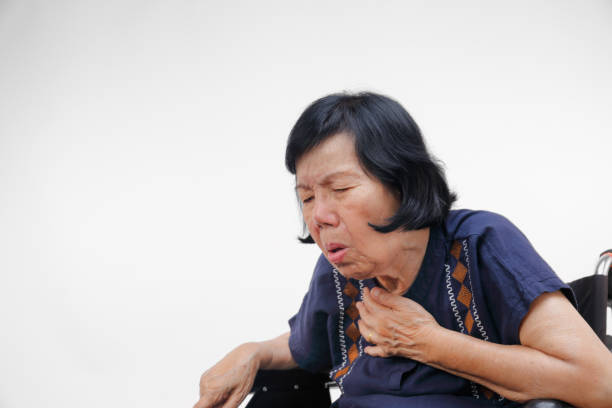Choking Hazards for Elders
Choking is one of the most common causes of death for elders.
A person’s body slows down as it ages, and so even trivial things such as swallowing food can potentially become a huge risk. Loss of muscle mass and strength – natural occurrences in the ageing process – affect muscles necessary for chewing and swallowing, increasing the risk of choking. Hence, conditions like dysphagia (swallowing difficulty) is commonly found among older adults, making it seven times more likely that they choke on food than toddlers.
Furthermore, some elders with Parkinson’s disease, paralysis or Alzheimer’s experience health issues related to muscle control. Such a condition challenges their ability in chewing and swallowing as well, placing them at further risk of choking.
Being aware of choking hazards and knowing how to prevent risks is an essential skill, which can help you and your elder avoid potential life-threatening emergencies.
Common causes of choking are:
- Eating or drinking large quantities of food quickly
- Swallowing food before chewing it properly
- Swallowing small bones or hard objects
- Inhaling small objects
- Having swallowing disorders
- Showing impulsive behaviours (e.g. standing up suddenly while eating)
Directions for patients and carers:
- Do not provide large meals
- Daily meals should be in small, frequent portions. Make sure the patient chews their food properly, drinks slowly and focuses on chewing and swallowing.
- Watch their posture
- Advise the patient to sit up straight while eating. This can help food go down smoothly. If the patient is bedridden, the carer should position the head at a 45-degree angle when eating.
- Monitor their mouth
- See if all the food has been chewed and swallowed properly.
- After choking, clean the patient’s mouth and teeth before and after each meal to prevent bacterial lung infections that can induce choking.
In the next blog, there will be a part 2 to ‘Choking’, where you can learn about common signs of choking. To check it out, visit https://www.livingwatersagedcare.com.au/


